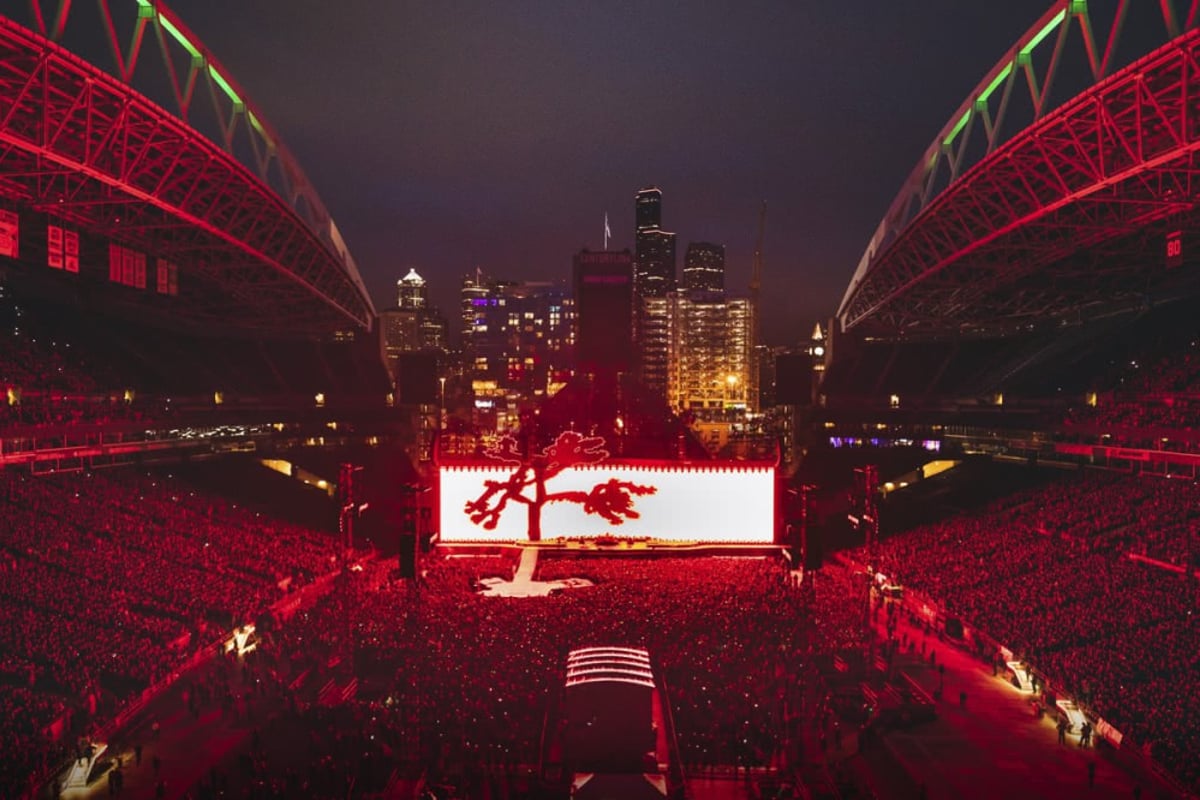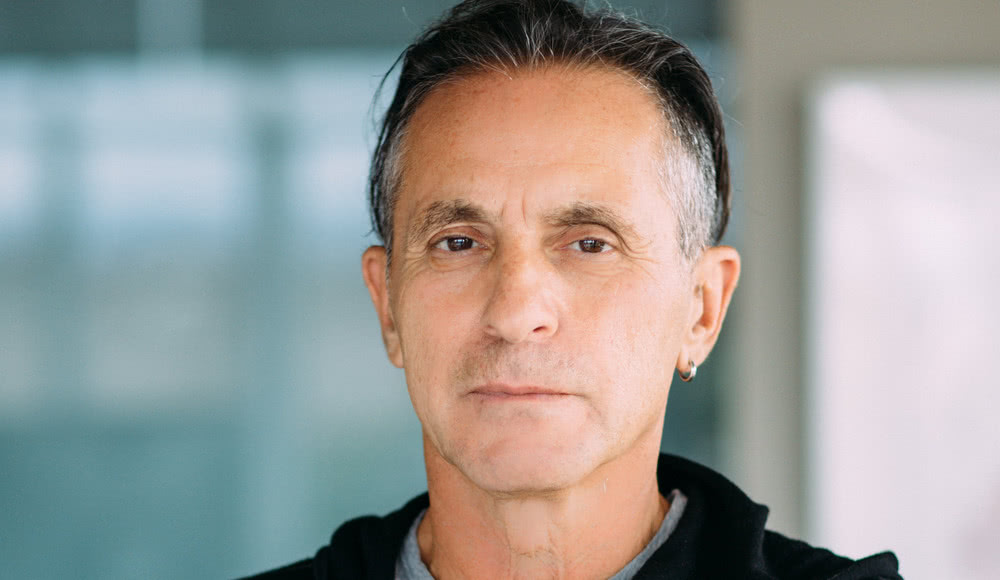U2’s Joshua Tree Tour of Aus and NZ raked in $51 million

U2’s Joshua Tree Tour of Australia and New Zealand last year was the type of show oldies will fondly retell to their grandkids. It was also a box office smash.
The Irish rockers’ 15-show Joshua Tree Tour jaunt across Australasia and Asia in November and December grossed US$73.8 million ($107 million) and shifted 567,000 tickets, according to Billboard Boxscore.
Produced by Live Nation, the eight stadium dates in Australia and NZ generated a whopping US$35.7 million ($51 million), or roughly US$4.63 million ($6.7 million) per night with an average ticket price of $105.65 ($153).
The seven-date Asia run, which included first-ever shows in India and Singapore, banked even more money — US$38.1 million or $55 million — thanks to a higher average ticket price ($166.18 or $241), which came in at nearly 60% more than the cost of a ticket to the Australian shows.
Asia was easily the most expensive place to see U2 play ‘Where the Streets Have No Name’ and all the other hits from their seminal 1987 LP.
All up, The Joshua Tree Tours 2017 and 2019 generated US$390.8 million ($568 million) and sold 3.3 million tickets over 65 concerts around the globe (The Joshua Tree Tour of 2017 was the most successful tour of the year by any act).
That’s a quantum leap ahead of the original The Joshua Tree Tour back in 1987, for which 76 reported North American shows raked in $33 million and sold 1.9 million tickets.
U2’s all-time touring numbers are in the stratosphere. They’ve made upwards of US$2.222 billion ($3.22 billion) from 28.3 million tickets sold from 825 reported shows.

Arthur Fogel
Speaking to TIO ahead of U2’s Australian tour opener at Suncorp Stadium last November, Live Nation Chairman of Global Music and CEO of Global Touring Arthur Fogel gave a glimpse into the machinery of touring Bono, the Edge and Co. in these parts.
“This region of the world is the most logistically challenging in terms of moving a show. It’s complicated and its expensive but it’s important…the band hasn’t been here for nine years, 14 years to Japan and they’ve never been to South-East Asia in a 40-plus year career,” he explained.
“It’s important for artists to properly touch all regions of the world. It’s very easy for people to move on and forget about you if you don’t show them love. That was one of the reasons why it was important to get down here at this time. But it is challenging, there’s no question.”
This article originally appeared on The Industry Observer, which is now part of The Music Network.






























